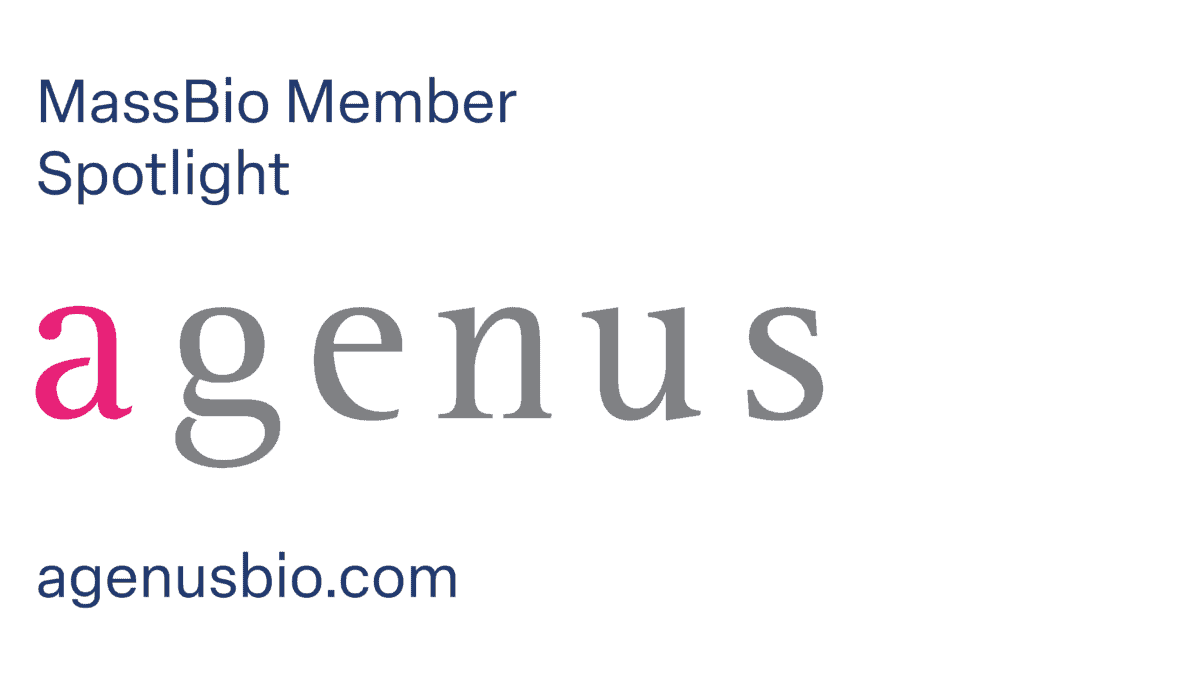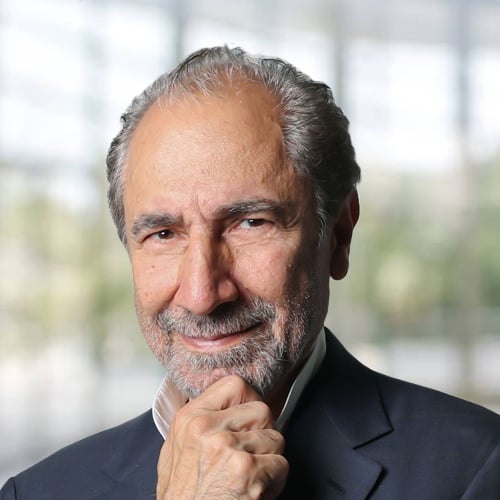
Every month, MassBio spotlights a member company and its efforts in advancing the life sciences industry and supporting the patients we serve. In December we spoke with Garo Armen, Ph.D., the Co-founder, Chairman and Chief Executive Officer of Agenus, Inc. and the Founder and Chairman of COAF (Children of Armenia Fund). Both organizations draw their inspiration from the life and legacy of Armen’s grandmother, who taught him about the power of the immune system and the importance of leaving no one behind.
Tell us about your organization, its mission, and current activities.

Every day at Agenus, our eyes are set on our mission: to end the suffering of cancer patients. For over 29 years, Agenus has been dedicated to the discovery, development, and manufacturing of immuno-oncology (I-O) products. Our research and innovation engine has built a comprehensive pipeline of novel immunotherapies that empower the body to fight cancer, including checkpoint inhibitors, immune activators, and tumor microenvironment conditioning agents.
Our flagship program, botensilimab, represents a potential paradigm shift in immunotherapy. As a next-generation immune activator, botensilimab was designed to detect cancer, attack the cancer, and train the body’s immune cells to boost both innate (our natural defense mechanisms) and adaptive (our immune system’s ability to adjust and learn to defend us) immune responses in cold tumors. We are investigating botensilimab across multiple clinical trials, including a phase 2 study in colorectal cancer.
How do your organization’s activities help patients now and into the future?
In recent years, the medical community has started to unlock the power of immunotherapy; however, for many patients, I-O has yet to offer any benefit. This is especially true in cold and late-stage cancers.
Cold tumors, like colorectal, are notorious for “hiding” from the immune system, preventing the body from identifying and destroying them. The first I-O revolution brought benefit to “hot” tumors, including melanoma. Agenus is poised to bring a second revolution that could extend the benefit of I-O to cold tumors to help a larger patient population.
Botensilimab’s potential to turn an unresponsive tumor to a responsive one—turning cold to hot—could offer tremendous benefit to patients. In advanced cancer, patients who have failed prior therapies are left with extremely limited options and low chances of benefit. Now, we are even seeing botensilimab’s potential in earlier settings as well as in combination with chemotherapy agents, which could prevent cancers from ever reaching those advanced stages.
What do you see as the biggest challenge facing the life sciences industry today?
The life sciences industry continues to stand at the forefront of rapid innovation and change, giving rise to some of the most cutting-edge technologies and therapeutics, including immunotherapy. However, the fast-paced nature of this environment presents a unique challenge – the need for every area within the industry to keep pace.
Harnessing the power of the immune system remains an emerging frontier in oncology, and this gives rise to challenges in the lack of consistency in how I-O products are developed, tested, and regulated today. Our knowledge of the immune system is still evolving, and as new therapies continue to emerge, the knowledge gaps between the industry, healthcare professionals, and patients continue to grow. To address these challenges, the industry must find innovative solutions to enhance education and foster partnership with the oncology community so that the very best treatment approaches can be directed at ending cancer.
What’s next for your organization / what are you focused on in the coming year?
Agenus remains laser-focused on delivering the breakthrough potential of our novel investigational immune activator, botensilimab. We believe botensilimab represents a paradigm shift in I-O, with its ability to activate the immune system in multiple cold, traditionally unresponsive tumors and its versatility to be used in a range of treatment settings, including prior to surgery.
Our immediate priority in the coming year is to file our Biologics License Application (BLA) with the U.S. FDA for botensilimab in MSS colorectal cancer. Looking ahead, we plan to further advance botensilimab in other tumor types and expand into earlier lines of therapy.
At Agenus, we recognize the importance of the individuality of each patient battling their cancer and our goal is to make our treatments available to help as many patients as possible.